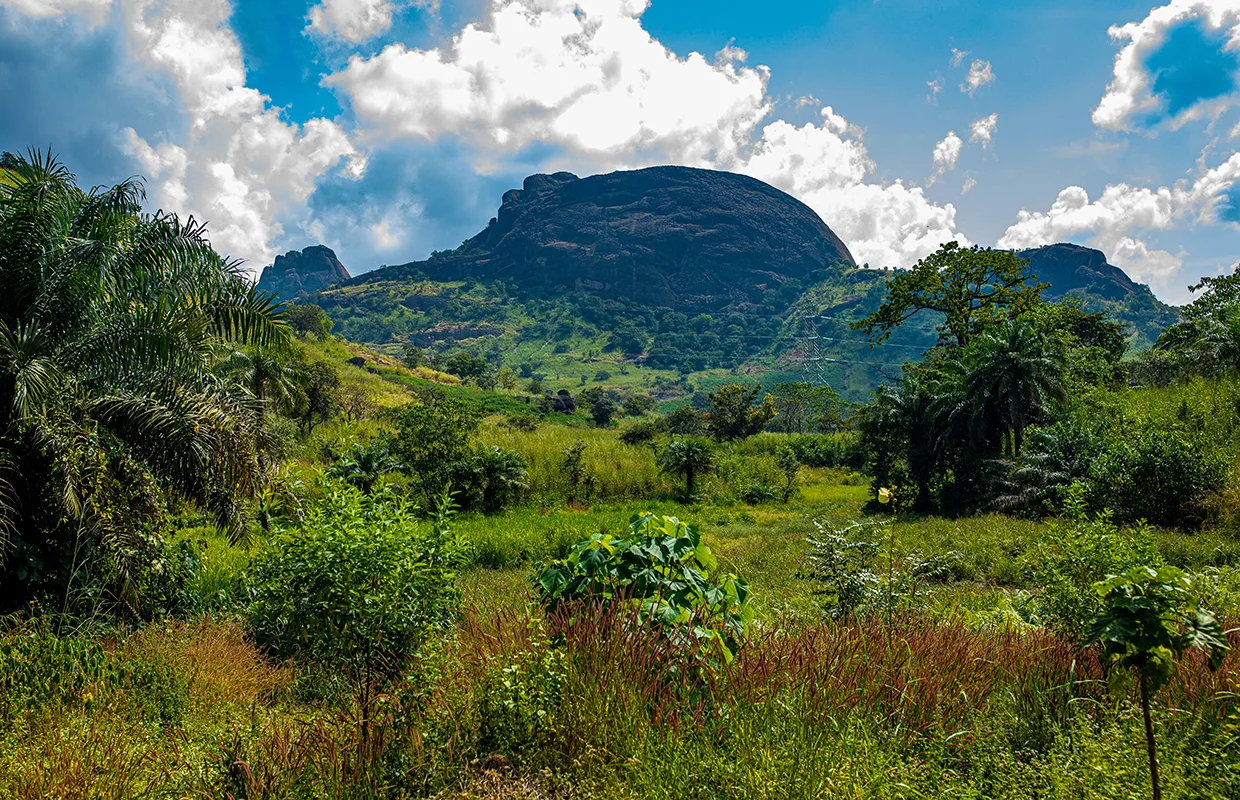UNLOCKING SIERRA LEONE’S TOURISM POTENTIAL
From its white-sand beaches to indigenous rainforests, Sierra Leone boasts diverse natural assets alongside vibrant cultural traditions and festivals, which combine to promote the destination as a hidden gem in West Africa’s tourism landscape and a growing contributor to the country’s economy.
However, factors such as a decade-long civil war, infrastructure deficits, and political instability have so far hindered the country from realising its full tourism potential.
Nevertheless, in recent years, the government has placed increasing emphasis on tourism as a means of diversifying the economy and boosting job creation.
To begin addressing these challenges, the government has taken steps to improve infrastructure with investment in transportation. For example, the Freetown International Airport has undergone significant upgrades, and the expansion of the ferry service to the surrounding islands is improving accessibility to key tourist locations.
Further to this, the government’s National Tourism Strategy Plan, which focuses primarily on developing ecotourism, cultural tourism, and coastal tourism, aims to attract visitors whilst preserving the country’s natural and cultural heritage.
Moreover, Sierra Leone is leveraging cultural festivals, such as the Lantern Festival and the Freetown Music Festival, to showcase its traditional and contemporary music, craft, and culture to the world. These events have been successful in attracting both tourists and international media attention, helping to build Sierra Leone’s image as a vibrant cultural hub.
With increasing political stability, improving infrastructure, and a strong commitment to sustainable tourism practices, Sierra Leone’s tourism sector is primed for significant growth.
Thus, as the global demand for authentic and off-the-beaten-path travel experiences continues to rise, Sierra Leone’s rich history, vibrant culture, and stunning landscapes are expected to see the country succeed as a key player for tourism in West Africa, in turn, bolstering the country’s economy.
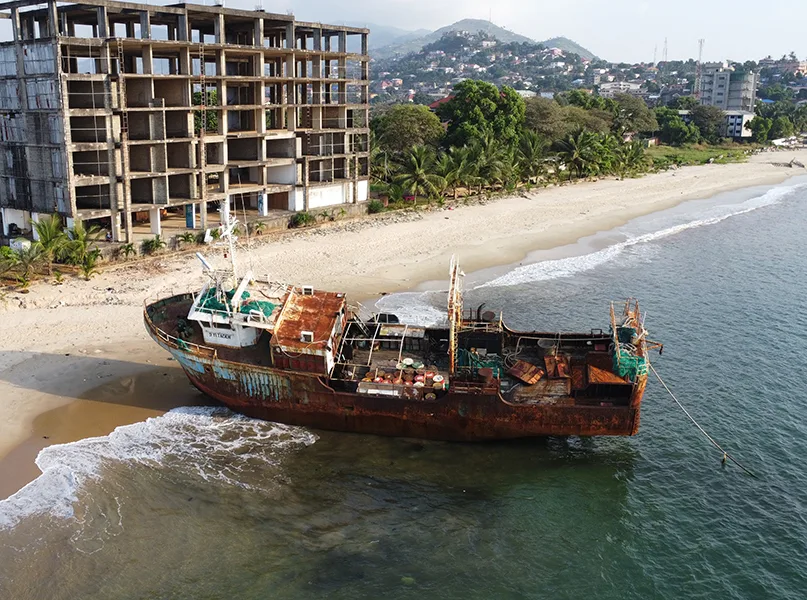
Q&A WITH NABEELA FARIDA TUNIS, MINISTER OF TOURISM AND CULTURAL AFFAIRS
Firstly, what changes have you implemented since assuming your position?
Nabeela Farida Tunis, Minister of Tourism and Cultural Affairs (NFT): When I came into the position a little over a year ago, the ministry was undergoing structural reform. One of the first steps we took was to assess where we were and where the government wanted to take the tourism sector.
We discovered that tourism wasn’t at the centre of our previous national development plan, but in the current one, it’s recognised as a critical enabler of growth.
This shift meant we had to rethink and refine our strategies, leading us to conduct a thorough scan of the tourism landscape to see what needed adjusting to support the government’s vision.
Can you tell us more about the ministry’s structural reforms?
NFT: We recognised the importance of having a private sector-driven tourism industry, which led us to restructure the ministry.
We expanded the number of directories, and now we have four, each of which speak to the current situation and where the ministry wants to position itself, including:
- Tourism, Travel, and Exchange Programme
- Cultural, Creativity, and Innovation
- Private Sector, Community, and Resource Mobilisation
- Monitoring, Evaluation, and Reporting
The latter also has a communication and research component. These reforms were designed to better align the ministry’s structure with the current priorities and the direction we want to take in the tourism sector.
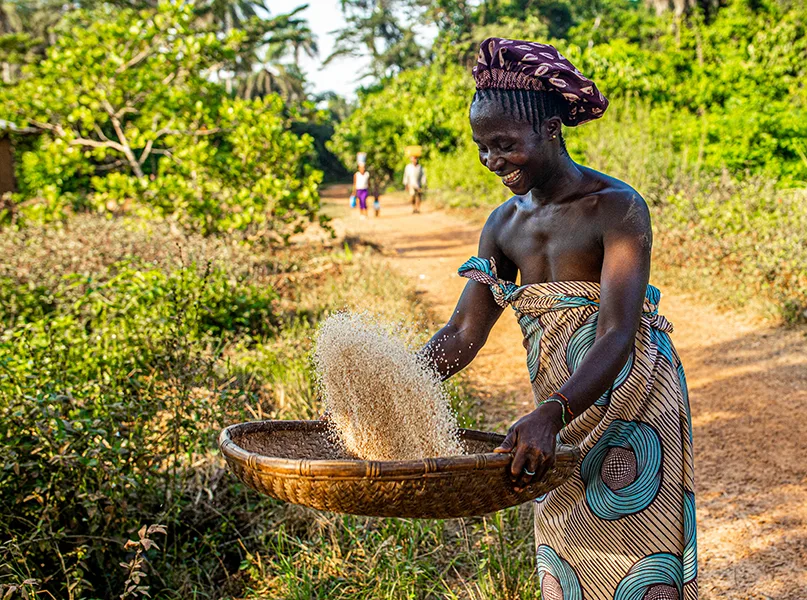
What initiatives have you launched to engage the public in tourism at a robust level?
NFT: One of the key initiatives is the Tourism for All campaign, which began in January 2024. It’s a year-long campaign focused on raising awareness and getting citizens involved in tourism at all levels.
The campaign began as we thought more work needed to be done to build the touristic potential of the country, which is generally owned by the people. So, we wanted to establish a private sector-driven industry owned by the people, for the people.
We’ve organised monthly themes for the campaign, starting with Explore and Discover, where we invited people to discover the beauty of our country.
Other themes have included Travel and Hospitality, Create and Innovate, and Culture and Heritage. We also have themes like Gateway to Freedom and Liberation, highlighting Sierra Leone’s role in the transatlantic slave trade. The goal is to build a deep, unaided awareness about the value of tourism in Sierra Leone.
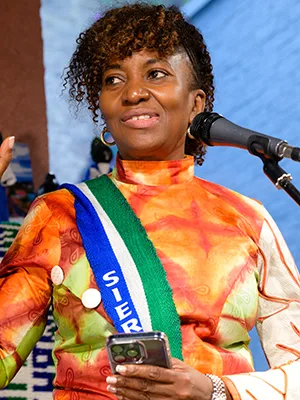
“The goal is to build a deep, unaided awareness about the value of tourism in Sierra Leone”
Nabeela Farida Tunis, Minister of Tourism and Cultural Affairs, National Tourist Board of Sierra Leone
Can you tell us more about the success of the Tourism for All campaign?
NFT: The response has been overwhelmingly positive. When we started the digital campaign, we had just 170 people engaging with us. Now, we’ve grown to 2,700 global users.
We’ve also been able to reach around 4.5 million people within Sierra Leone, with a goal of connecting with five million by the end of the year. We’ve created over 30 partnerships, having started from zero, and made significant strides in engaging with the private sector, communities, and local businesses.
It’s exciting to see how people’s understanding of tourism has evolved, and it’s clear that the public is more aware and invested in preserving our cultural heritage and tourism assets.
What are the major achievements you’ve overseen to develop tourism in Sierra Leone so far?
NFT: We have proudly launched Sierra Leone’s first-ever National Tourism Strategy Plan – a 10-year plan incorporating a five-year implementation roadmap that sets the stage for tourism development in the country. The plan includes a strong focus on private sector involvement and defines tourism development areas across the country.
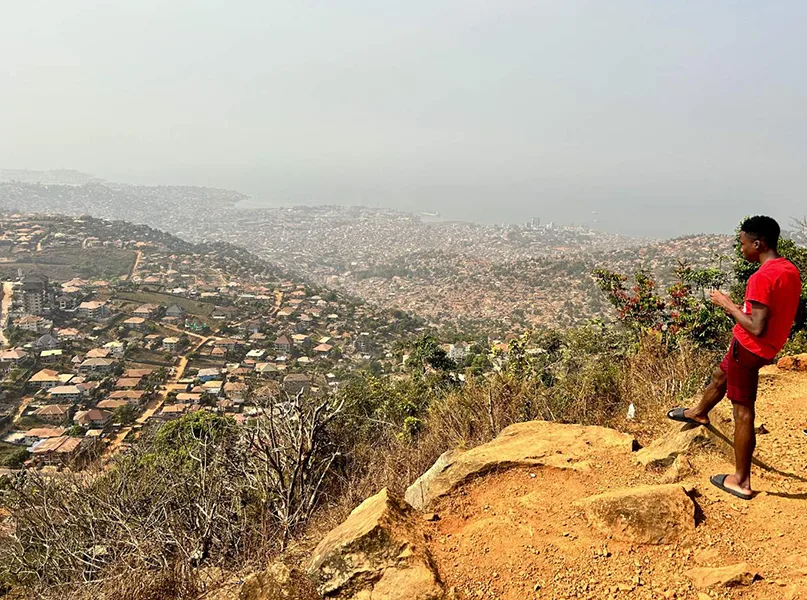
We’ve also been actively working on policies to protect our wildlife, with a focus on the Western chimpanzee, our national animal, and other endangered species.
Additionally, we’ve made progress with UNESCO, with two of our heritage sites, Gola Rainforest National Park and Tiwai Island Wildlife Sanctuary, expected to be listed as World Heritage Sites by 2025.
Can you share some specific examples of recent tourism events that have taken place?
NFT: One of the most exciting recent events was the Women in Tourism Congress, established in 2019 to create a space for women to participate in Africa’s tourism landscape, which we recently hosted in partnership with United Nations (UN) Tourism.
It attracted international participants, including African tourism ministers, and provided a platform for women in tourism to showcase their work, focusing on empowering them through education, innovation, and financial support.
We also launched initiatives like a canopy walk at the Tacugama Chimpanzee Sanctuary, and we’re building new tourism infrastructure, including a new convention centre and amphitheatre.
There are also two new hotels opening and private sector investments are picking up, with a nightclub and entertainment facilities being developed in the Aberdeen Beach tourism development area.
“Sierra Leone has so much to offer, and we’ve made huge strides in improving tourism infrastructure”
Nabeela Farida Tunis, Minister of Tourism and Cultural Affairs, National Tourist Board of Sierra Leone
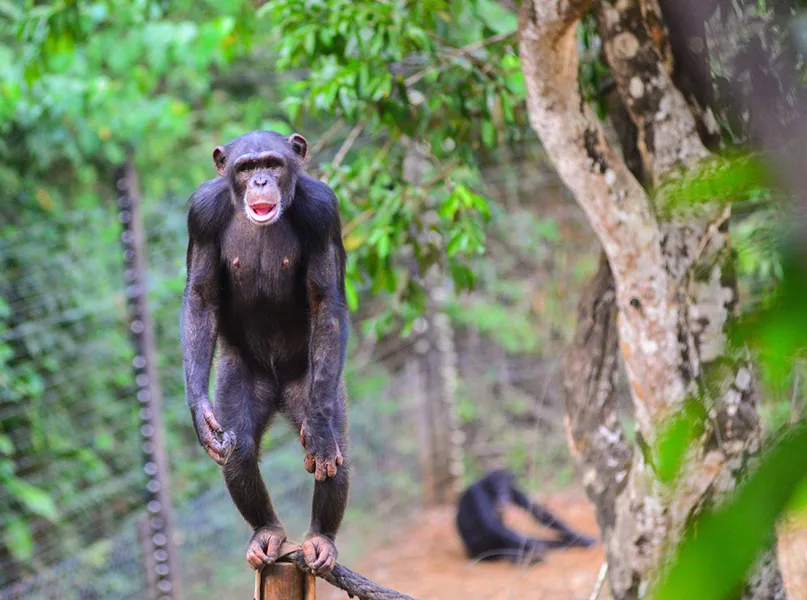
How do you involve local communities in the tourism process?
NFT: Local communities are at the heart of our tourism strategy, and we want to showcase that tourism can combat environmental degradation.
Therefore, rather than having communities involved in logging or burning down trees for wood, we’re focusing on creating jobs that involve conservation efforts, like planting tropical and botanical gardens, manning hiking trails, and other eco-friendly activities. This way, communities can protect their environment whilst benefiting economically from tourism.
We’re also working closely with local artists and cultural groups to showcase their talents, especially in arts, fashion, and gastronomy, which have been well-received.
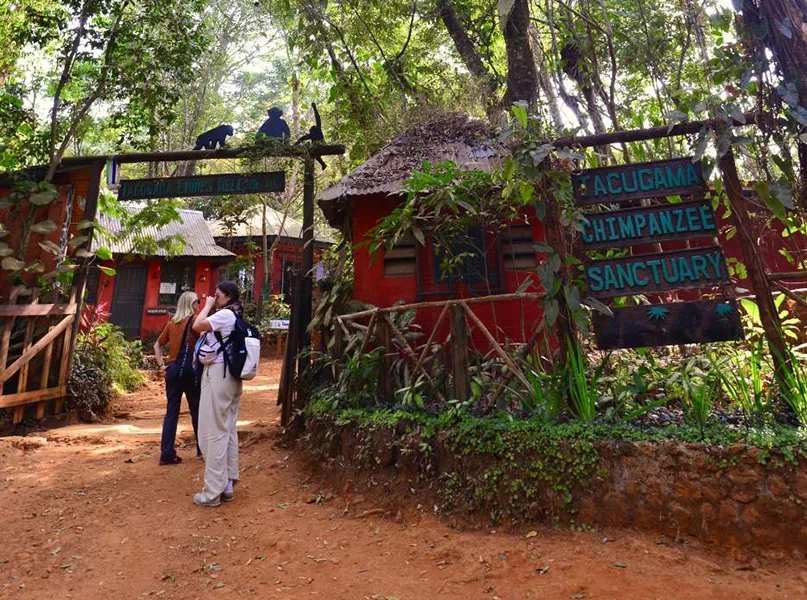
Finally, what’s next for tourism in Sierra Leone?
NFT: Looking ahead, we’re focusing heavily on ecotourism next year, with sustainable and regenerative travel as a priority.
We’re also exploring regional collaboration with neighbouring countries that are members of the Mano River Union (MRU), such as Guinea, Liberia, and Côte d’Ivoire, to create cross-border tourism packages. This could make it easier and more affordable for travellers to visit multiple countries in the region.
Additionally, we’re continuing to leverage technology, including artificial intelligence (AI), to enhance the tourism experience and market Sierra Leone to an increasingly global audience.
We have big plans for 2026, with multiple international events scheduled, including the African Gastronomy Forum and the Budapest-Bamako Rally, which will bring significant attention to our tourism sector.
This, in a nutshell, is some of what we’ve been doing since I became minister.



